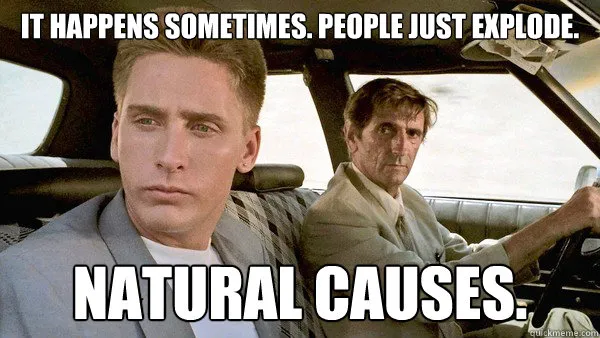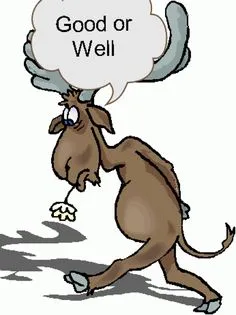
One of the biggest challenges I face here on Steemit is that my English does not sound as perfect as that of a native speaker. On the other hand, the first time I read others posts, I start to notice their mistakes. On other platforms, imperfect grammar just puts me off instantly and I lose trust in the content I'm reading. Here, I acknowledge the fact that people from all over the world are speaking their minds using the level of language they've got, so I've decided for myself that I'm not going to stumble in that but be open towards every message, appreciate any effort and reward those I like by voting them.
This time I am here to help the ones who need improvement with their English and I'm going to post fun and easy to understand posts as often as I can. I will focus on different topics, such as the most common grammatical errors people make.
I know many of you don't like sticking to the rules so that's why I'll be trying to explain them in very practical ways using images, short videos, and gifs to make it fun.
We're going to take a look this time at the difference between ADJECTIVES and ADVERBS and the confusion that you might make when using them.
| a word that describes a noun (person, thing, place, concept etc) |  |
| a word that describes a verb |  |
| a word that describes an adjective |  |
| a word that describes another adverb |  |
| a word that describes a whole sentence |  |
As you've already noticed, most adverbs end in -ly so in order to transform an adjective into an adverb the general rule for forming adverbs is to add the termination “-ly” to the adjective:
quick → quickly
honest → honestly
But:

There are times when verbs are described by adjectives and not by adverbs.
Let's see some examples:
It's the case where the verbs don't express action but a state of being. They are called LINKING VERBS.
Other examples of linking verbs: to be, to look, to seem, to smell, to sound, to feel, appear etc.
So we don't say: They seem nicely. or You look wonderfully!
but They seem nice. and You look wonderful!
I hope you found this post useful. It would be greatly appreciated if you could share it with people you think would find it helpful.
I wish everyone a great weekend! :)